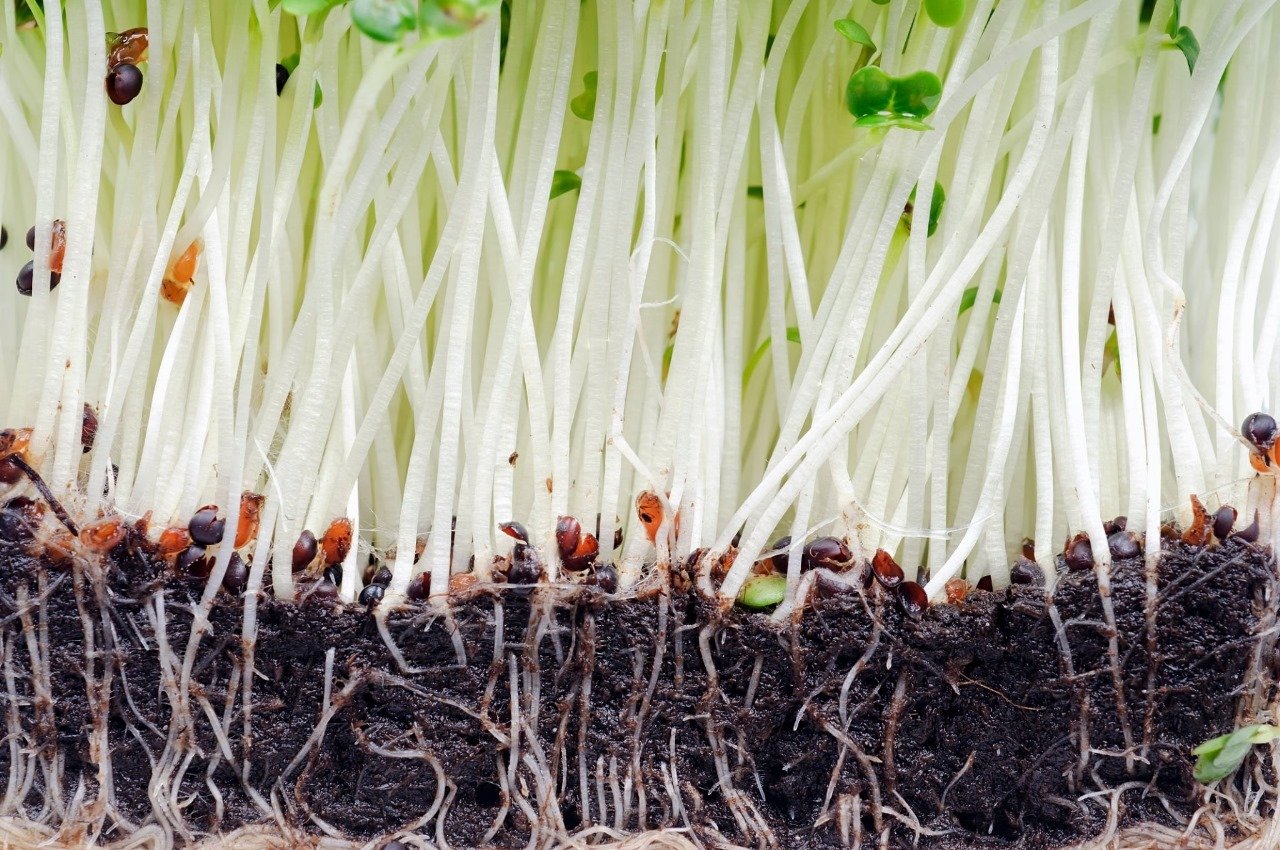What Are Perennial Vegetable Seeds?
Perennial vegetable seeds, a fascinating realm for gardeners, encompass a variety of plants that endure and yield for several years. These seeds, boasting unique characteristics, include famous asparagus, rhubarb, and horseradish.
Definition and Characteristics:
Perennial vegetable seeds are plant varieties that endure across seasons, providing sustainable yields for years. Unlike annuals, these plants persist, making them an excellent investment for gardeners.
Popular Varieties and Their Unique Features:
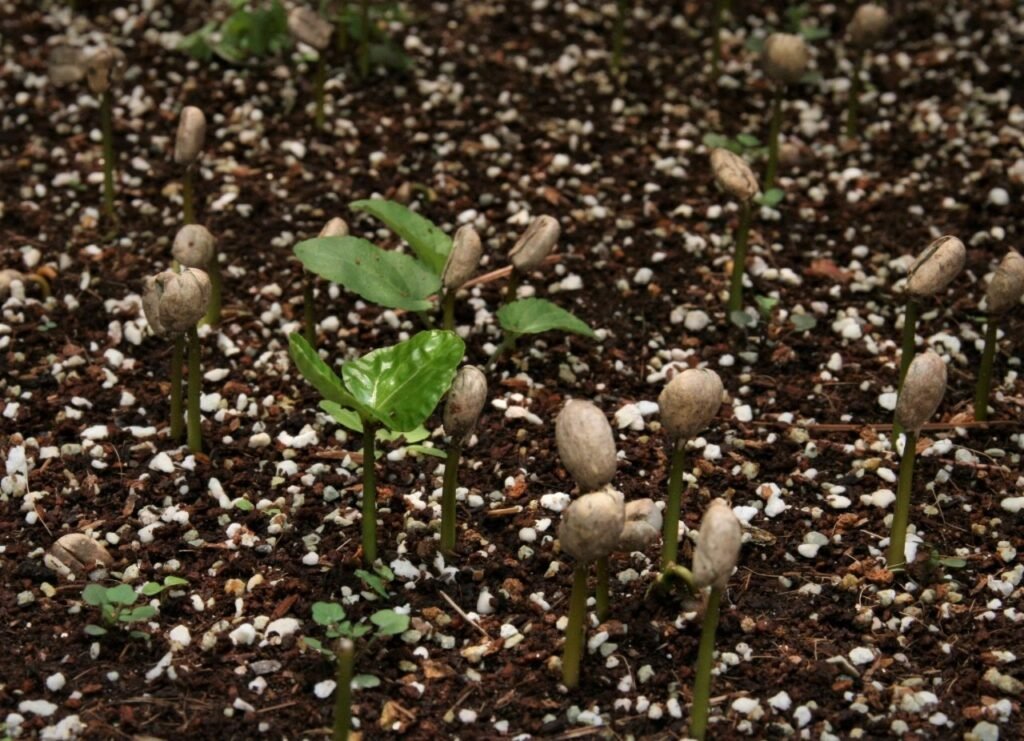
- Asparagus: Known for its tender spears, asparagus comes in different varieties, each with distinct flavors.
- Rhubarb: This perennial plant showcases vibrant colors and a tangy taste, making it a versatile ingredient in various dishes.
- Horseradish: With its pungent roots, horseradish adds a unique flavor to culinary creations, both traditional and modern.
Advantages of Growing Perennial Vegetables:
Growing perennial vegetable seeds offers many benefits, making them a preferred choice among gardeners and agricultural enthusiasts.
Benefits of Growing Perennial Vegetable Seeds
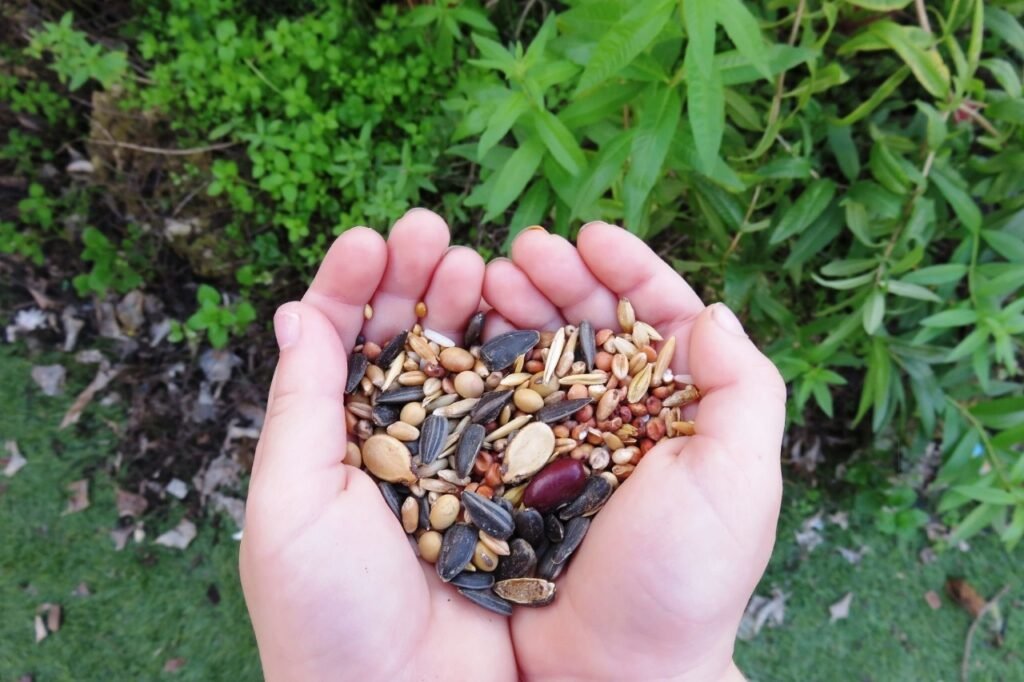
An eco-friendly and sustainable approach:
Perennial vegetables promote sustainable farming practices. Their long lifespan reduces the need for replanting, conserving resources, and minimizing environmental impact.
Economic Benefits for Gardeners:
Investing in perennial vegetable seeds is a cost-effective choice. Once established, these plants yield consistent harvests, reducing the need to purchase new seeds or seedlings frequently.
Health Benefits for Consumers:
For consumers, perennial vegetables offer a fresh and nutrient-rich supply of produce. Rich in vitamins and minerals, these vegetables contribute significantly to a healthy diet.
How to Choose the Right Variety
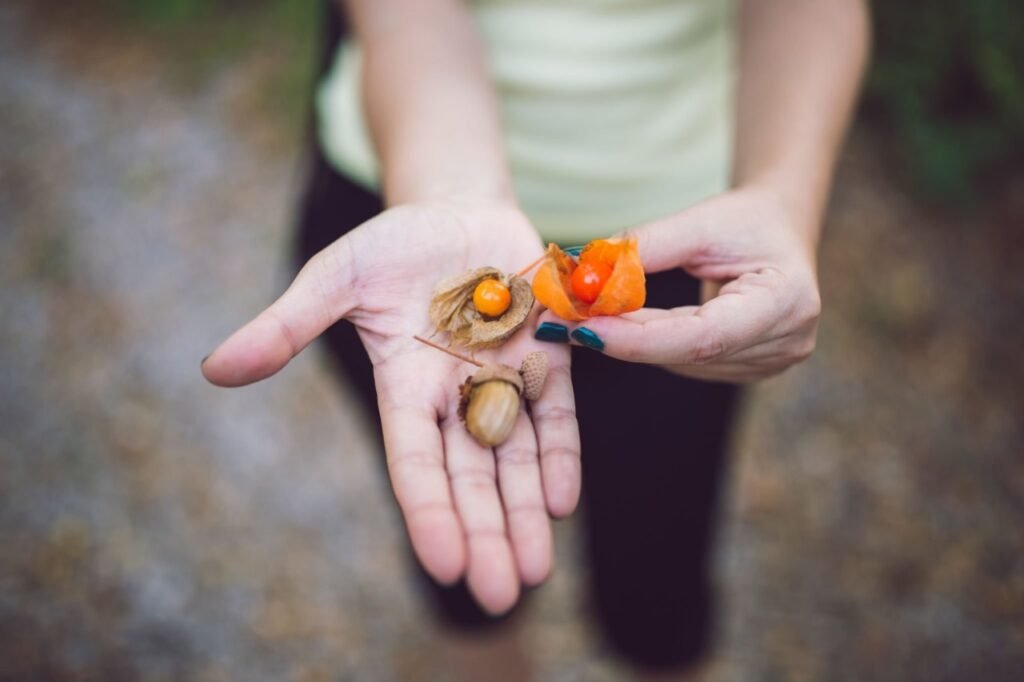
Factors to Consider When Selecting Perennial Vegetable Seeds:
Consider factors like climate, soil type, and available space. Understanding the specific requirements of each variety ensures successful cultivation.
Climate and Soil Requirements:
Different perennial vegetables thrive in specific climates and soil conditions. Asparagus, for instance, prefers well-drained soil and full sunlight, while rhubarb tolerates partial shade and moist, fertile soil.
Tips for Sourcing High-Quality Seeds:
When sourcing perennial vegetable seeds, opt for reputable suppliers. Look for certifications and customer reviews to ensure the seeds’ quality and Existence.
Cultivation and Care Tips for Perennial Vegetable Seeds
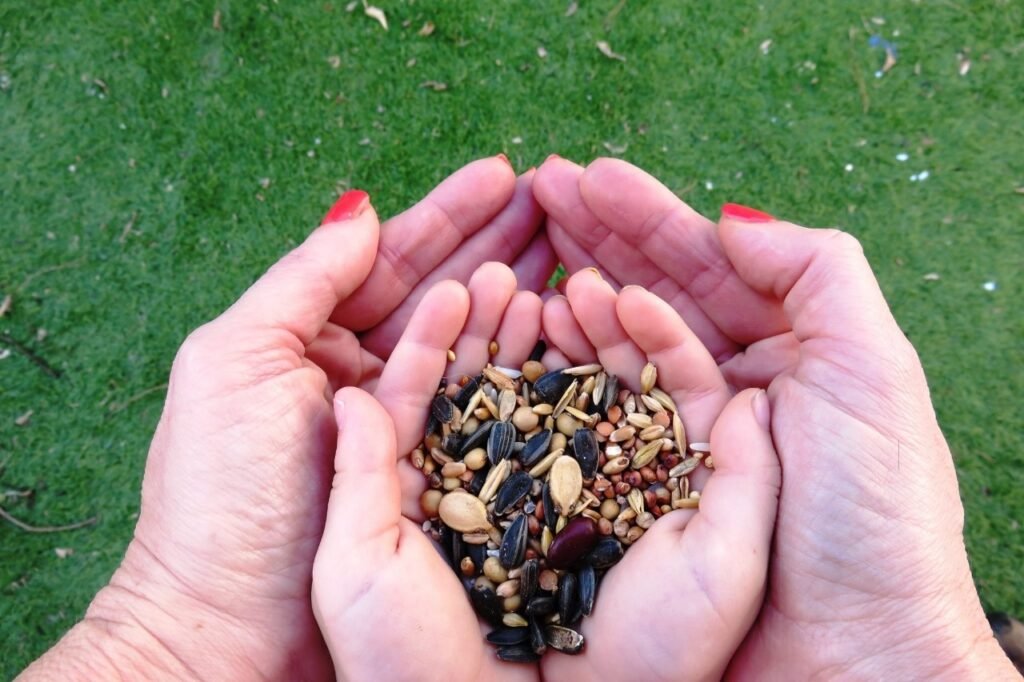
Preparing the Soil for Planting:
Before planting, ensure the soil is well-drained and enriched with organic matter. Proper soil preparation sets the foundation for healthy plant growth.
Best Practices for Sowing Seeds:
Follow recommended planting depths and spacing guidelines for each variety. Proper spacing allows plants to access sunlight and nutrients efficiently.
Watering and Sunlight Requirements:
Regular watering is crucial, especially during dry spells. Perennial vegetables often require deep watering to establish robust root systems. Additionally, ensure they receive adequate sunlight for optimal growth.
Maintenance and Pest Control
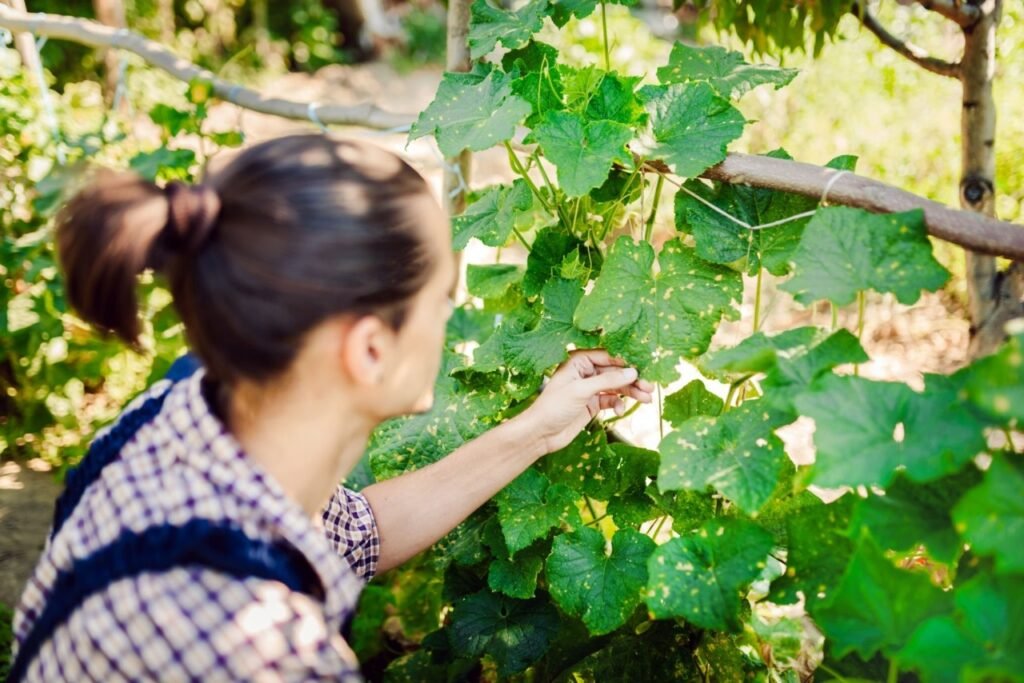
Pruning and Thinning Plants for Optimal Growth:
Regular pruning and thinning help maintain plant vigor. Remove dead or overcrowded stems to allow healthy shoots to flourish.
Natural Pest Control Methods:
Embrace natural pest control methods, such as companion planting and introducing beneficial insects, to deter pests without harmful chemicals.
Common Diseases and How to Prevent Them:
Identify common diseases early to prevent their spread. Adequate spacing, proper sanitation, and disease-resistant varieties contribute to disease prevention.
Harvesting and Seed Saving
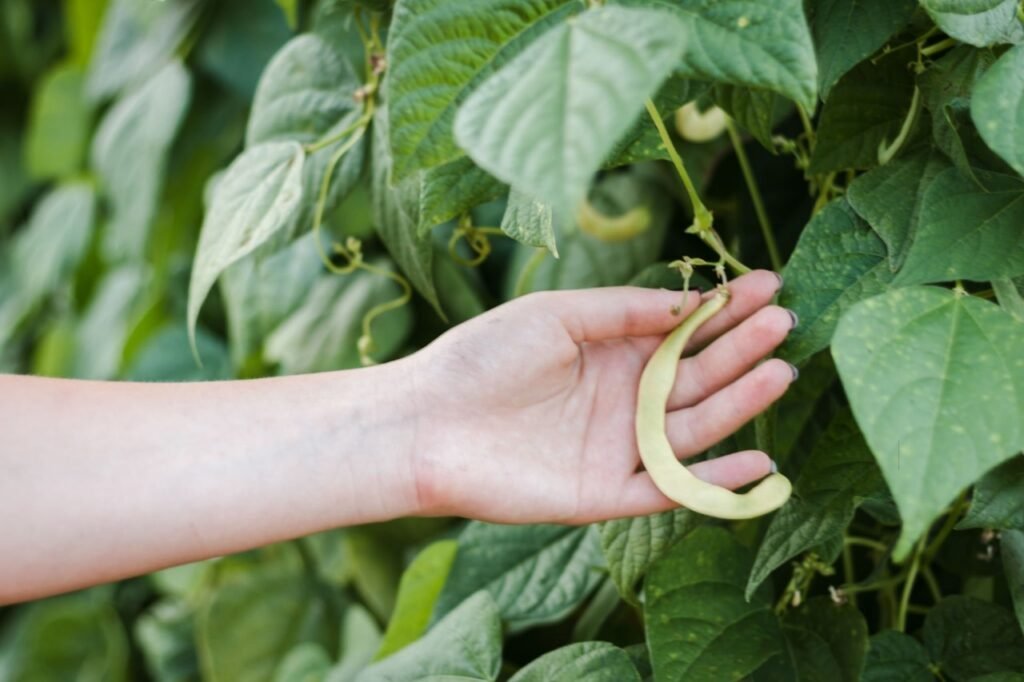
Indicators of Readiness for Harvest:
Observing your harvest’s color, size, and texture will ensure its freshness and flavor are at their peak.
Proper Harvesting Techniques:
Employ proper harvesting techniques to avoid damage to the plant. Use sharp tools to cut vegetables cleanly, promoting faster healing and regrowth.
Seed Saving Guidelines for Future Planting:
For gardeners interested in preserving heirloom varieties, seed saving is essential. Adequately stored seeds ensure the legacy of specific plant traits.
Popular Perennial Vegetable Seed Varieties
Asparagus
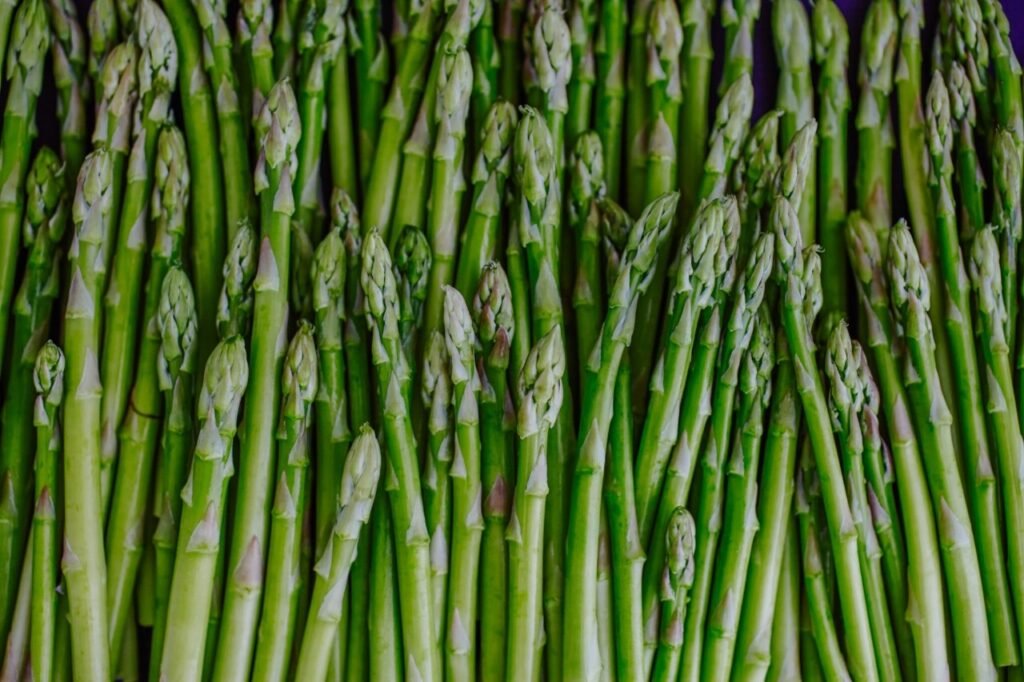
Varieties of Asparagus and Their Flavors:
There is a diverse range of asparagus, ranging from the sweet and tender Purple Passion to the classic Mary Washington.
Growing Tips Specific to Asparagus Plants:
Asparagus requires patience and care. Learn the nuances of planting, watering, and maintaining this perennial favorite for bountiful harvests.
Culinary Uses and Recipes:
Delectable recipes showcasing asparagus, from creamy soups to delightful pasta dishes, allow you to savor its flavor fully.
Rhubarb
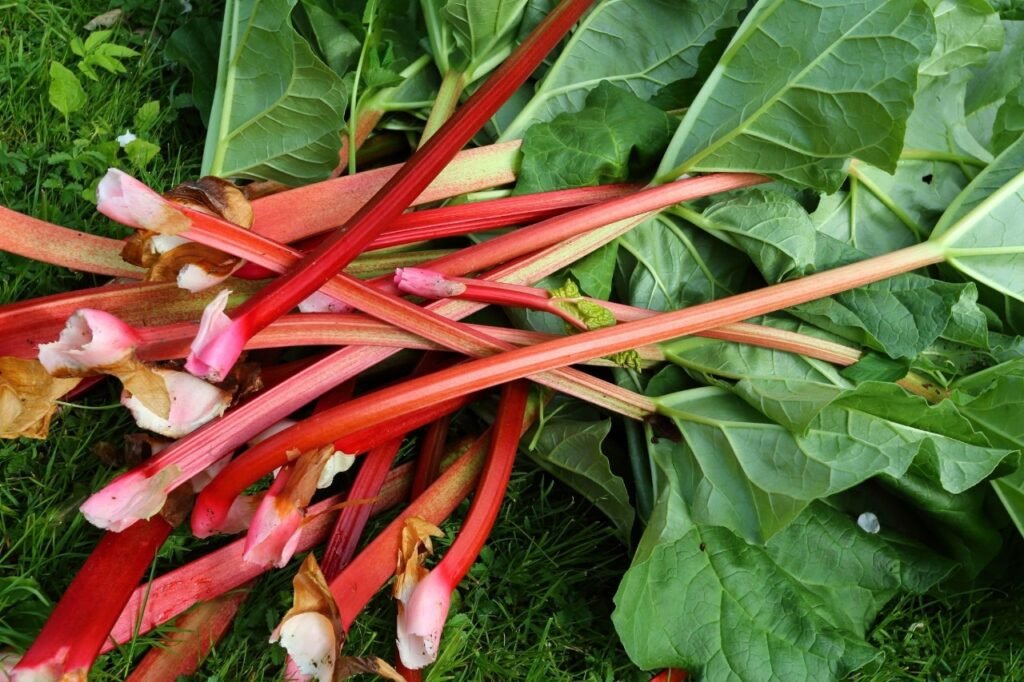
Different Types of Rhubarb and Their Colors:
Rhubarb comes in various colors, including vibrant red and green varieties. Each type brings its distinctive hue and flavor profile to the table.
Ideal Growing Conditions for Rhubarb:
Rhubarb thrives in cool climates with rich, well-drained soil. Learn the ideal conditions for cultivating this tart and versatile perennial.
Creative Ways to Incorporate Rhubarb into Meals:
Add a unique twist to your dishes by Integrating rhubarb into desserts and sauces.
Horseradish
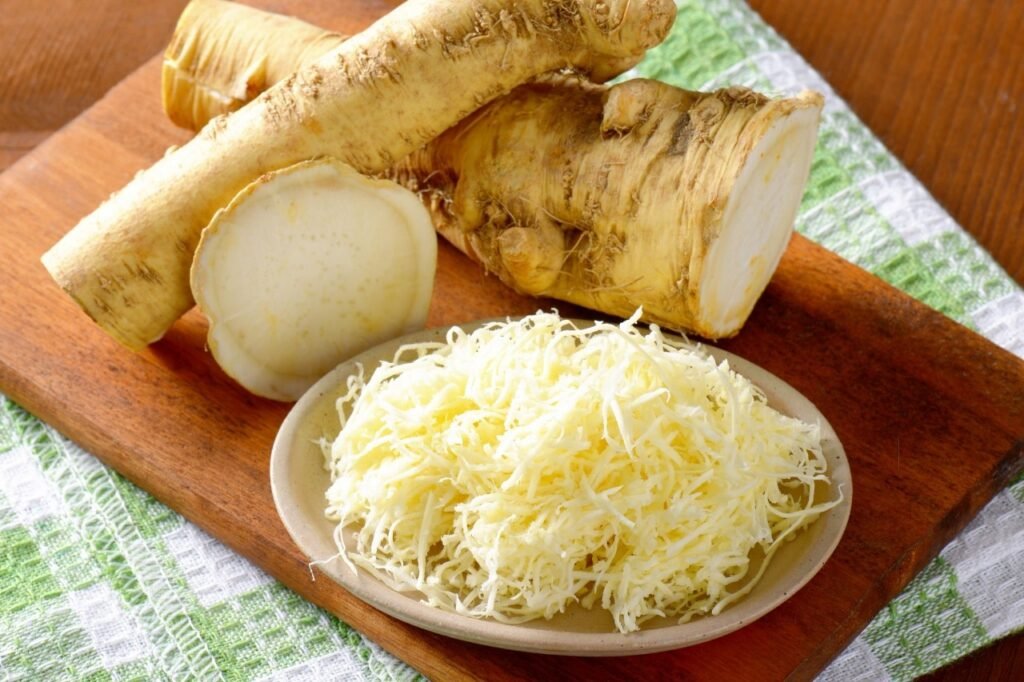
Unique Characteristics of Horseradish Plants:
Horseradish boasts robust flavors and health benefits. Delve into its unique characteristics, including its pungent roots and impressive adaptability.
Soil and Watering Requirements:
Discover horseradish’s specific soil and watering needs, ensuring you provide the optimal environment for its growth and development.
Traditional and Modern Uses of Horseradish in Cuisine:
Horseradish is a versatile ingredient in both traditional and modern cuisine. From zesty sauces to inventive cocktails, explore its diverse culinary applications.
Troubleshooting Common Issues with Perennial Vegetable Seeds

Identification of Common Pests and Diseases:
To recognize common pests like aphids and diseases such as powdery mildew. Early detection is vital to practical problems and disease management.
Organic Solutions for Pest and Disease Management:
Organic remedies, including neem oil, companion planting, and beneficial nematodes, address pests and diseases without harming the environment.
Preventive Measures to Avoid Recurring Issues:
Implement preventive measures, such as crop rotation and proper sanitation, to reduce the likelihood of recurring pest and disease problems.
Environmental Challenges and Solutions
Adapting to Different Climates:
Perennial vegetables exhibit varying levels of tolerance to different climates. Choose varieties that are well-suited to your region’s temperature and rainfall patterns.
Drought-Resistant Perennial Vegetables:
In regions prone to water scarcity, consider drought-resistant perennial vegetables like yucca and artichokes, which can thrive with minimal irrigation.
Sustainable Practices for Environmental Conservation:
Embrace sustainable practices like mulching and rainwater harvesting to conserve water and promote environmental health.
Tips for Successful Cultivation of Perennial Vegetable Seeds
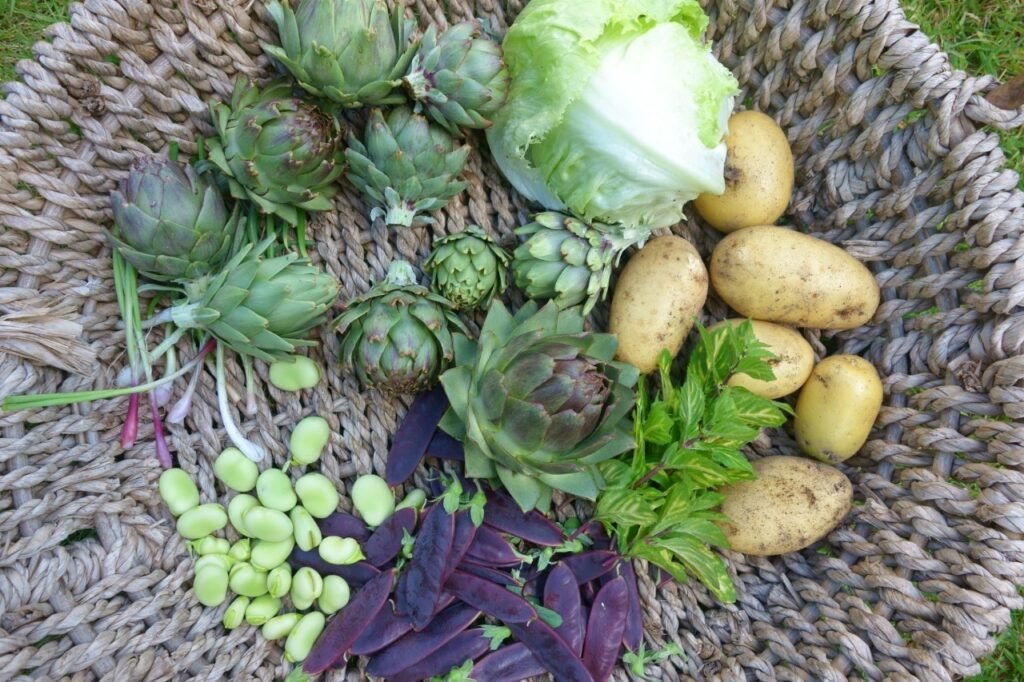
Plants That Thrive Alongside Perennial Vegetables:
Companion plants like marigolds and basil offer natural pest protection and support the growth of perennial vegetables.
Benefits of Companion Planting:
Companion planting enhances Inheritance, deters pests, and promotes healthier soil, improving yield and overall garden health.
Creating a Biodiverse Garden for Improved Yield:
Diversify your garden by achieving companion plants, flowers, and herbs. A biodiverse garden is more resilient to pests and diseases.
Techniques for Increasing Harvests:
Implement techniques like succession planting and intercropping to maximize your garden’s productivity. Strategic planting ensures a continuous supply of fresh produce.
Extending the Growing Season with Protective Measures:
You can still harvest fresh vegetables in cooler months with protective measures such as row covers and cold frames.
Preserving and Storing Excess Produce:
The methods of preserving excess produce include canning and freezing. Keeping ensures you can enjoy your homegrown vegetables throughout the year.
FAQs: What You Need to Know About Perennial Vegetable Seeds
Question 1: Is it possible to grow perennial vegetables in containers?
Answer: Yes, The conditions of sufficient sunlight, heat, and drainage are essential for growing perennial vegetables in large containers.
Question 2: What is the average lifespan of perennial vegetable plants?
Answer: Perennial vegetable plants can live for several years, with some varieties, like asparagus and rhubarb, lasting up to 20 years or more under proper care.
Question 3: Are perennial vegetables more nutrient-dense than annuals?
Answer: Perennial vegetables often accumulate more nutrients over their lifespan than annuals due to their extended growing periods, making them nutrient-dense choices for consumers.
Question 4: How do I prepare the soil for planting perennial vegetable seeds?
Answer: To prepare the soil for planting perennial vegetable seeds, ensure it is well-drained, rich in organic matter, and free from weeds. Adding compost or aged manure enhances soil fertility and structure.
Question 5: Can I grow perennial vegetables indoors?
Answer: While perennial vegetables typically thrive outdoors, some smaller varieties can be grown indoors in containers, provided they receive sufficient sunlight, proper ventilation, and suitable growing conditions.
Conclusion:
Perennial vegetable seeds open the door to sustainable, economic, and health benefits. From their enduring nature to the bountiful harvests they offer, these plants enrich gardens and plates alike. Perennial gardens can thrive when gardeners understand their nuances, adopt proper cultivation techniques, and explore different varieties.
Final Thoughts and Recommendations:
Perennial vegetables provide a long-term benefit for gardeners, and we encourage readers to experiment with different varieties.
Planting these vibrant plants enriches your garden and contributes to sustainable agriculture. Happy gardening!

